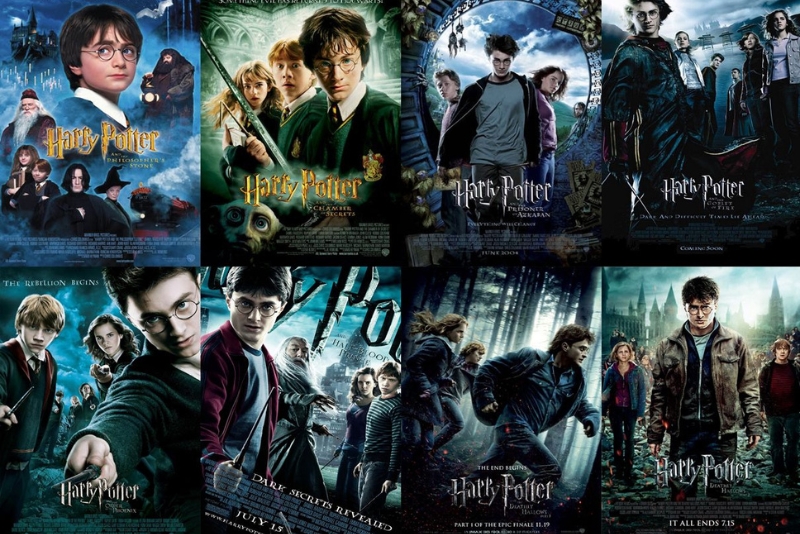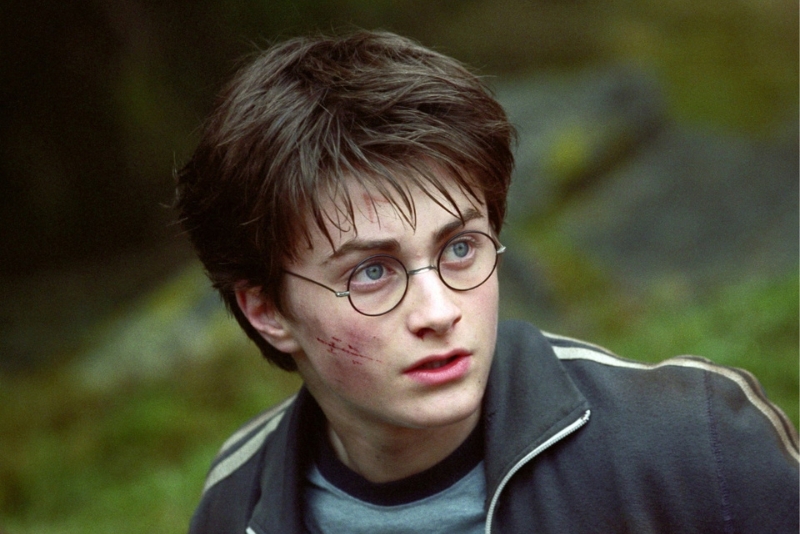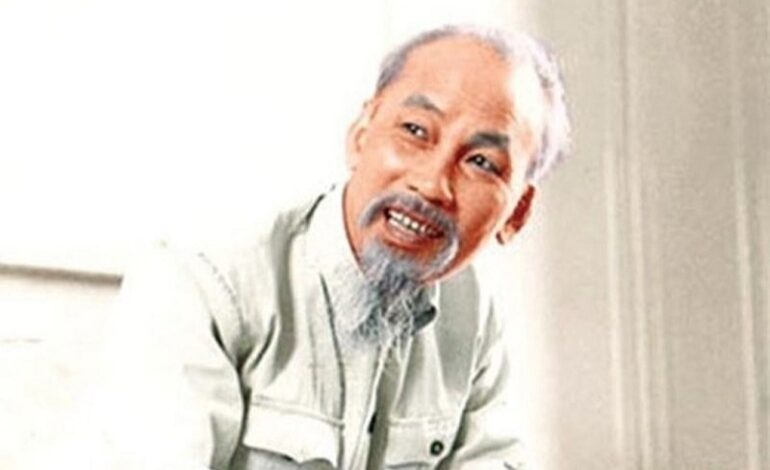Courage Amidst Chaos: The 7 Chronicles of Harry Potter’s Battle for Hope

The Wizarding World Revisited: An In-Depth Odyssey into Harry Potter’s Magical Saga
The tale of Harry Potter is not merely a series of books; it is a cultural phenomenon that has shaped a generation. J.K. Rowling’s creation of a young wizard named Harry Potter has given rise to a universe that extends far beyond the written word, captivating the hearts and minds of readers and viewers alike.
The Unassuming Hero

Harry Potter’s journey begins with the simplicity of a child’s life shadowed by neglect and mundanity. Yet, this unassuming boy carries a destiny that is anything but ordinary. His transition from the dreary cupboards of Privet Drive to the hallowed halls of Hogwarts is a metaphor for the awakening of one’s true potential. Harry’s character embodies the quintessential hero’s journey—a narrative arc that speaks to the universal quest for identity and purpose.
Hogwarts: A Microcosm of Society
Hogwarts School of Witchcraft and Wizardry is more than a mere setting; it is a microcosm of society, reflecting the complexities of the world we inhabit. Each house—Gryffindor, Slytherin, Hufflepuff, and Ravenclaw—represents a facet of human virtues and vices. The school’s dynamics, with its alliances and conflicts, mirror the broader societal structures, making the magical world relatable and reflective of our own.
The Dynamics of Friendship

The friendships forged within the walls of Hogwarts are emblematic of the series’ core values. Harry, Ron, and Hermione’s relationship evolves from mere camaraderie to a profound bond that transcends the trials they face. Their unity in diversity—be it in heritage, temperament, or intellect—illustrates the strength found in embracing differences and the power of working together towards a common goal.
Villains and Antiheroes
The portrayal of villains and antiheroes in the Harry Potter series adds layers of depth to the narrative. Characters like Voldemort represent the embodiment of evil driven by fear and desire for power. In contrast, figures such as Severus Snape encapsulate the complexity of human nature, where love, regret, and redemption coalesce to form a character whose actions reverberate with moral ambiguity.
The Cultural Impact
The influence of Harry Potter extends into various facets of culture, from literature and film to education and philosophy. It has sparked academic discourse, ethical debates, and even political commentary, proving that its reach is not confined to entertainment but serves as a catalyst for intellectual and social dialogue.
The Legacy Continues

The legacy of Harry Potter is immortalized not only in the pages of the books but also in the lives it has touched. The series has inspired individuals to pursue creativity, stand against injustice, and believe in the power of change. The community that has formed around Harry Potter—spanning fan fiction, artwork, and global events—demonstrates the enduring resonance of Rowling’s work.
A Lasting Enchantment: The Timeless Legacy of Harry Potter
As we reach the end of our exploration into the world of Harry Potter, it is clear that the series is more than a mere collection of stories about a young wizard. It is a cultural touchstone that has influenced an entire generation and will likely continue to do so for many years to come.
The legacy of Harry Potter is multifaceted. It is found in the countless fan conventions, the academic courses dedicated to studying the series, and the theme parks that bring Rowling’s vision to life. It is present in the charitable work inspired by the series, such as the Lumos Foundation, which seeks to aid disadvantaged children just as Harry himself was once in need.
Moreover, the series has become a symbol of resistance against various forms of oppression and injustice. The values imparted through the narrative—courage in the face of adversity, the importance of choice over destiny, and the power of love—resonate deeply with readers who see parallels in their own lives. Harry Potter teaches us that anyone can be a hero, and that small acts of bravery and kindness can have a profound impact on the world.
The characters we have come to know and love continue to live on, not only in the pages of the books but in our imaginations and in the ways we interpret the world around us. The discussions and debates that arise from the series encourage critical thinking and empathy, as fans consider the motivations and backgrounds of characters who are neither wholly good nor entirely evil.
In essence, the conclusion of the Harry Potter series is not an ending but a beginning. It is an invitation to carry the lessons learned at Hogwarts into our own lives, to stand up for what is right, to cherish our friendships, and to believe in the possibility of magic in the everyday. The story of the boy who lived is a reminder that hope can be found even in the darkest of times if one only remembers to turn on the light.
As we close this chapter on Harry Potter, we are left with a sense of gratitude for the magic that J.K. Rowling has woven into our lives. The enchantment of Harry Potter will endure, as each new reader discovers the series and finds within it a source of inspiration, comfort, and joy. The boy who lived will continue to live on, not just in the mythical realm of wizards and witches, but in the hearts and minds of all who believe in the power of storytelling.








![Top 5 Most Powerful Mysterious Creatures Of All Time[Updated 2024]](https://newsdailybeats.com/wp-content/uploads/2024/06/mystery-creatures-1.jpg)
